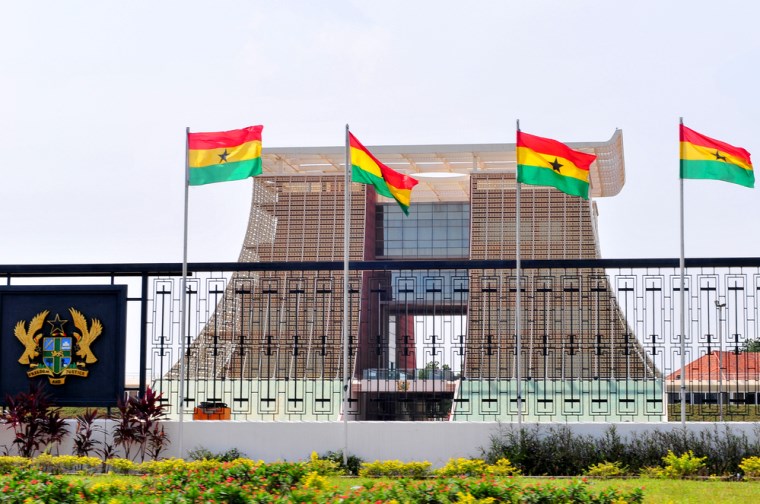Ghana is projected to lead the fastest-growing economies in sub-Saharan Africa, except South Sudan. The World Economic Outlook published by the International Monetary Fund this April forecasted that the growth projections for sub-Saharan African nations will drop to 3.5 percent from 3.8 in 2018.
The economies of Ghana and South Sudan are projected to grow by 8.8 percent. The projection is labeled as the fastest forecast in 2019. The economy of South Sudan rebounded from years of conflict. it emerged after a peace deal was made in 2018 which enabled it to start pumping crude oil.
The World Bank released a lower projection for the two economies where Ghana’s economic growth is expected to grow by 7.6 percent. The Government of Ghana made its own forecast which is slightly lower than the projection of the two institutions at 7.2 percent in its 2019 budget.
The projection of the International Monetary Fund is more optimistic than that of the World Bank. The World Bank said that that the recovery in sub-Saharan Africa will take longer than previously thought. The institution cut the 2019 forecast to 2.8 percent from 3.3 percent. The rapid growth of the economies in the sub-Saharan region was cut short for a decade because of the commodity price slump in 2015.
Mr. Abebe Aemro Selassie, the Head of the Africa Department of the International Monetary Fund, warned of the rising public debt vulnerabilities that were elevated in some countries and posed economic challenges. He said that the reason for the increase in debt levels tends to be very country-specific; for some, it is due to address the large infrastructure needs.
Mr. Selassie said that other nations experienced debt vulnerabilities because of the effect of the commodity price shock that hit the nations from 2014 to 2016. Other nations were going through pro-cyclical policies which had led to the marked increase in debt levels.
According to Mr. Selassie, looking ahead, we see basically two broad implications for policies: first, in the fast-growing economies, the likes of Ghana, Benin, Ethiopia, and Senegal, there is a need to hand over the reins of growth from the public to the private sector.
The International Monetary Fund said that the declining budgets and a less supported external environment complicated the challenges of seeking ways to address human and physical capital investment needs and creating enough jobs for the new entrants in the labor market in 2019.
By Phenny Lynn Palec, en.businesstimes.cn
